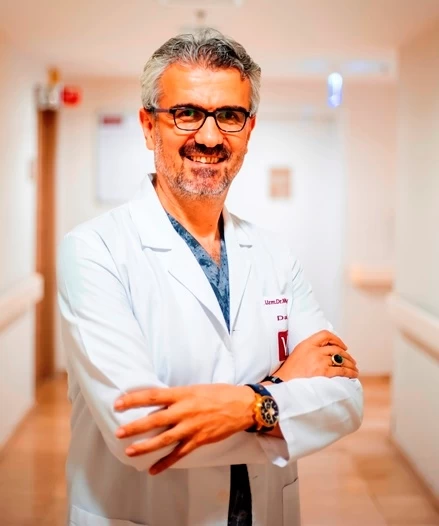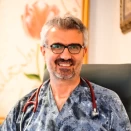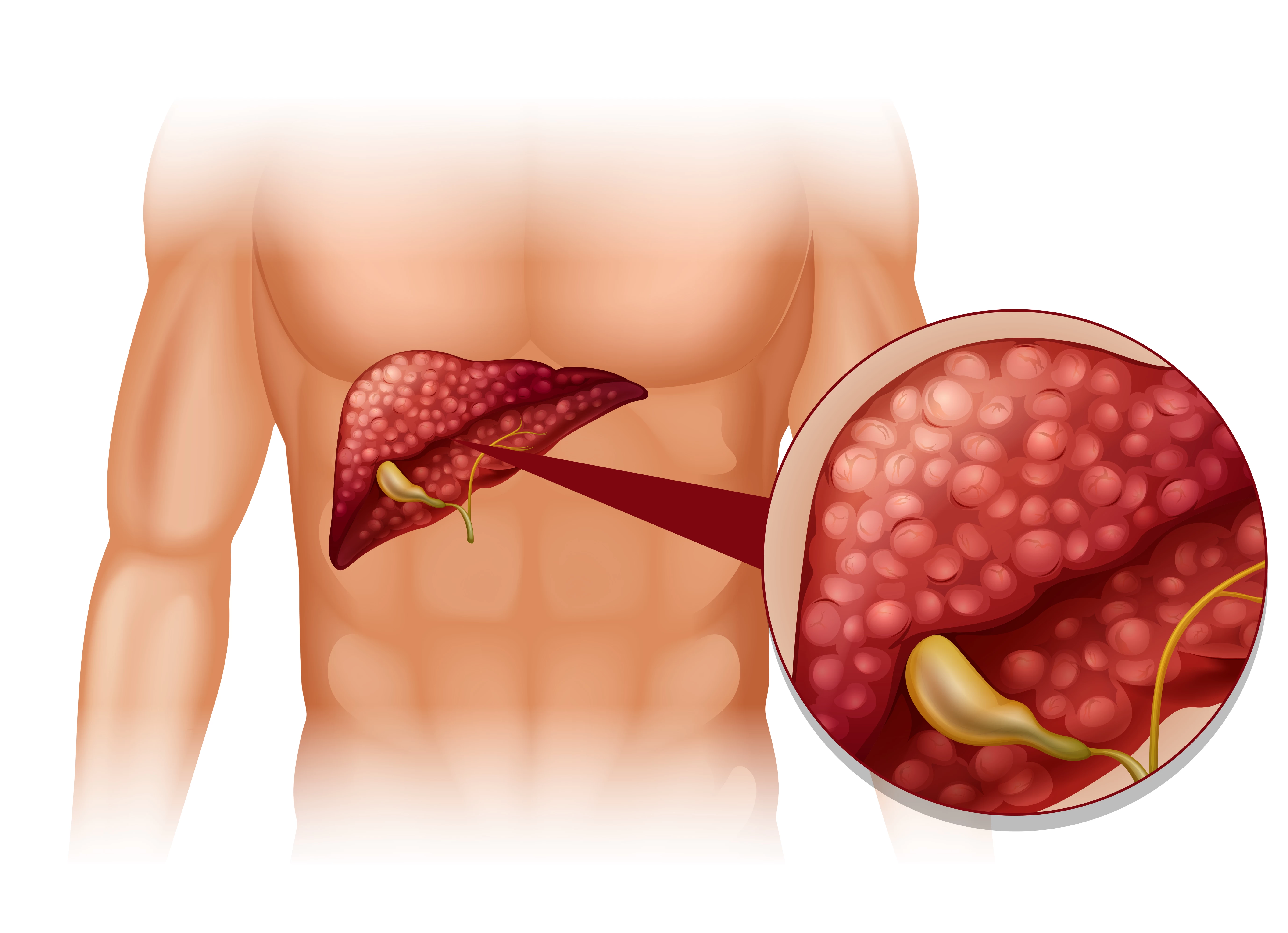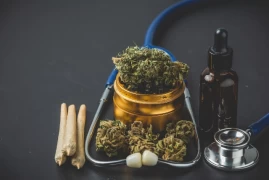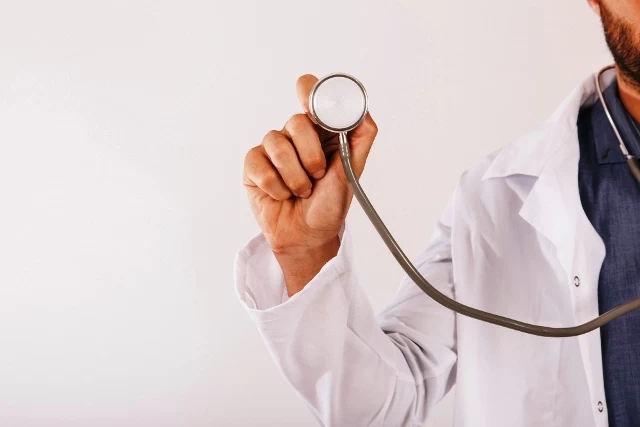
Why Check-Up?
- Why Check-Up?
- What is Check-Up?
- What is the Aim of Check-Up?
- Can Cancer Really Be Prevented with Check-Up?
What is Check-Up?
In the field of medicine, alongside therapeutic healthcare services, preventive healthcare services and early diagnosis and monitoring programs also hold great importance. Especially in cases of conditions like cancer and infectious diseases, disease prevention programs can be more cost-effective and efficient compared to treatment methods.
In the realm of health, the priority should be aimed at effectively utilizing preventive healthcare services to reduce the risk of illness, followed by early diagnosis and monitoring programs to identify potential risks and hazards in advance and take necessary precautions accordingly.
While an individual is in good health, based on familial and genetic risk factors, it is advisable to undergo an appropriate Health Check-Up program in their 30s if there is a risk, and in their 40s if there is no risk. This program is personalized based on the presence of risk factors and should be continued at a frequency recommended by a doctor.
In certain diseases, especially in cases of cancer, heart diseases, and diabetes, early diagnosis holds significant importance. Therefore, the early diagnosis of such diseases based on the results of Health Check-Up screenings can also enhance treatment success.
The scope of the Check-Up program should be enriched with additional tests based on risk factors, physical examination results, and the outcomes of primary tests.
Following the completion of basic tests, additional tests such as endoscopy, colonoscopy, lung tomography for cancer screening, prostate examination for men, gynecological examination and smear test for women may be considered. Additionally, examinations like breast ultrasound and mammography can also be conducted.
Again, if deemed necessary after basic tests, additional tests like exercise ECG, possibly angiography, or computerized heart angiography should be considered. Pulmonary function tests and high-resolution lung tomography can also be evaluated based on lung findings and shortness of breath.
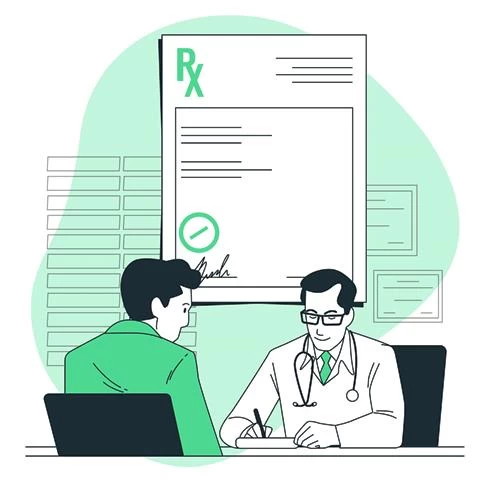
What is the Aim of Check-Up?
- Is my heart functioning well? Are there any valve leaks? What is my risk of a heart attack?
- Are my kidneys functioning well?
- Are there any stones, sand, infection, or lumps in the urinary tract or bladder?
- Is there liver fatigue, fatty liver, or lumps/cysts?
- Are there any stones or polyps in the gallbladder or bile duct?
- Do I have diabetes? What is my risk of diabetes? Is there insulin resistance or hidden diabetes?
- Do I have anemia? If so, what is the cause?
- Is there any blood pressure imbalance (high or low)?
- Do we have elevated cholesterol and triglyceride levels, crucial for heart and vascular health?
- Do I have a thyroid problem? Is there toxic goiter, hypothyroidism, or nodules in the thyroid gland?
- Are our adrenal glands, which play a crucial role in maintaining our hormone balance, normal?
- Is there an electrolyte imbalance, indicative of fluid and mineral balance disruption?
- Are there issues with vitamin B12, vitamin D, or iron reserves?
- Do we have a rheumatic disease?
- Is there bone demineralization?
- Do we have a serious lung disease like Chronic Bronchitis or Asthma?
- Is there any narrowing or blockage in the carotid arteries that supply blood to the brain?
- Are there any diseases, cysts, or masses in the breast?
- Is there any disease related to the uterus and cervix?
- Are our reproductive organs functioning normally?
- Do we have infectious diseases like Hepatitis and HIV?
- Do we have colon cancer and what is our risk?
- Is there a lump, cyst, or malignant tumor in any of my organs?
- Do I have obesity, a disease of our era? What can I do for treatment?
Can Cancer Really Be Prevented with Check-Up?
Regularly conducted Health Check-Up screenings, especially for individuals at risk – which include smokers, those exposed to occupational hazards, and those with a family history of cancer – are crucial for early diagnosis. Some types of cancer can be completely cured if detected early, and the success of treatment increases as early diagnosis occurs in other stages.
